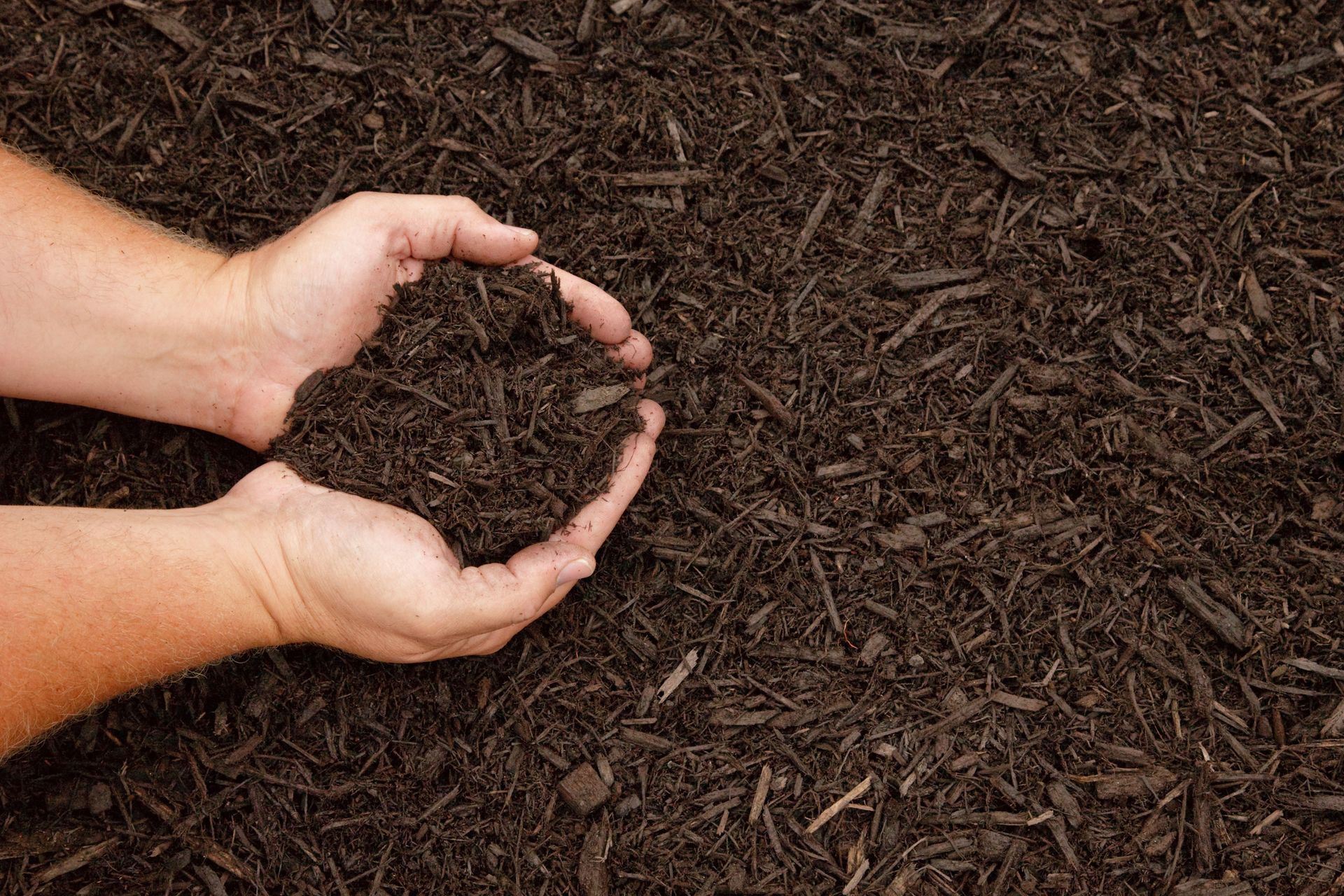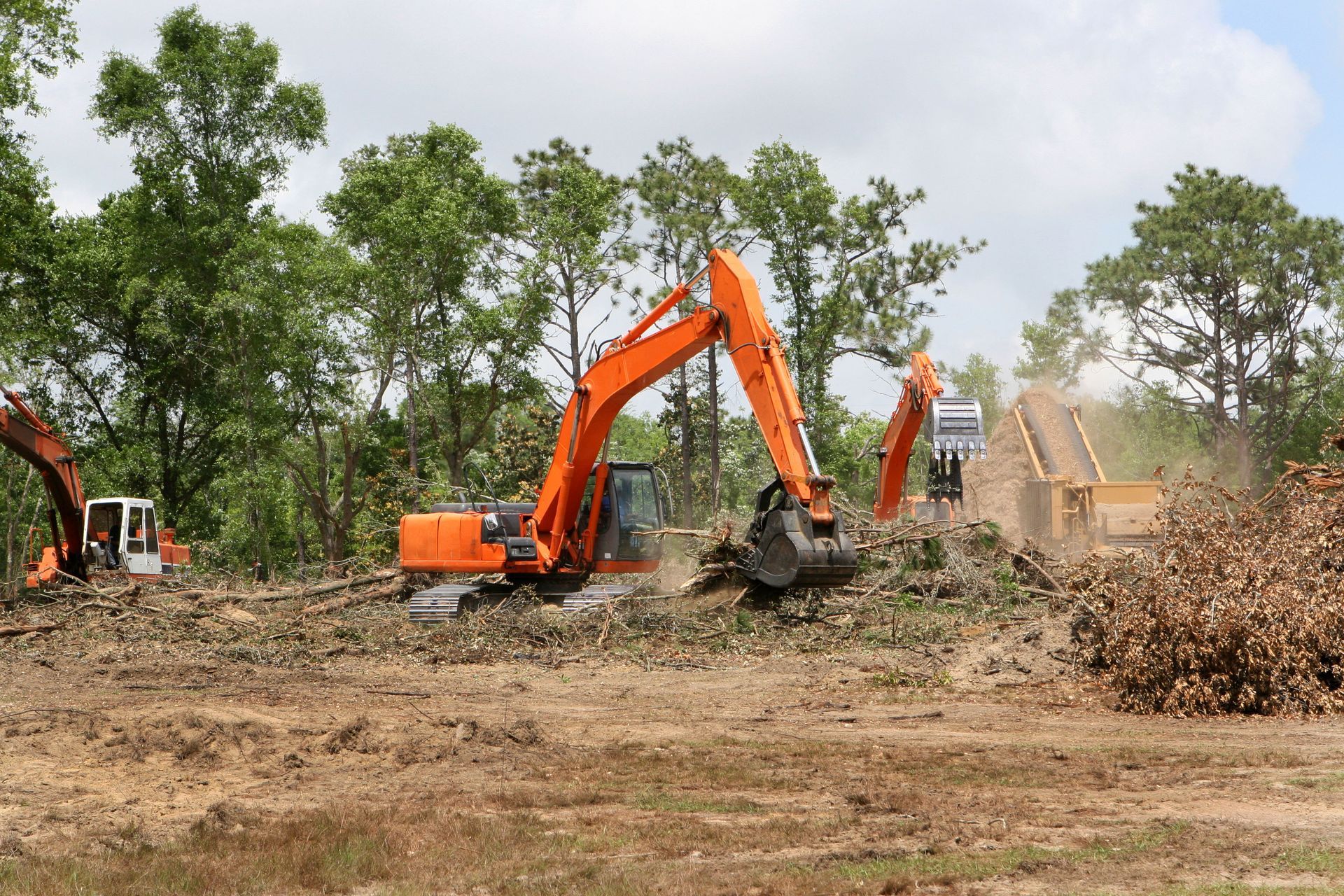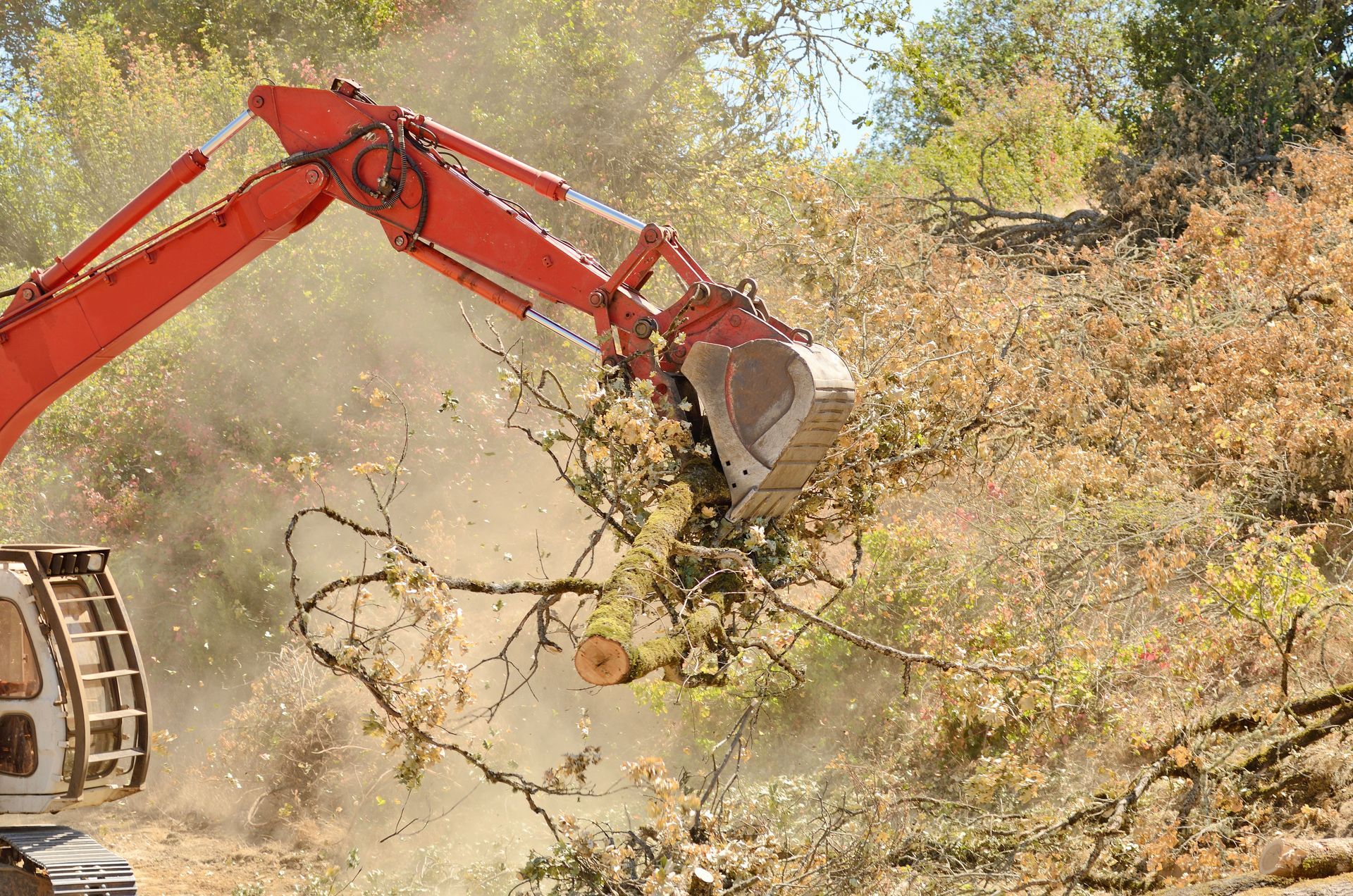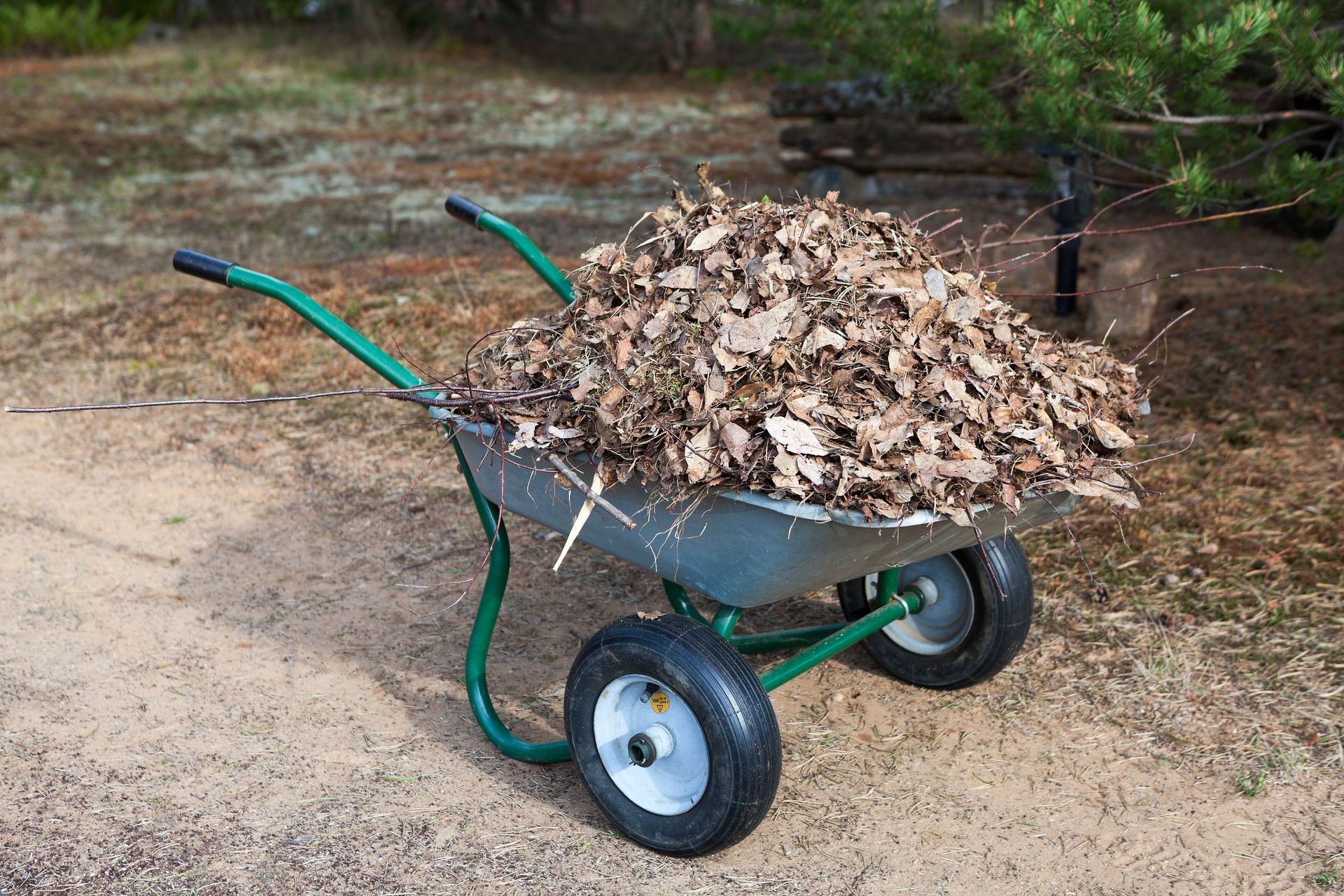What Are the Most Common Organic Compost Applications?
Organic composting has become increasingly popular among gardeners, farmers, and environmental enthusiasts. As the world becomes more eco-conscious, the benefits of using compost both for the health of plants and for soil conservation are gaining recognition. But how exactly is organic compost used, and what are the most common applications for this sustainable resource?
Soil Conditioner
One of the primary uses of compost is as a soil conditioner. Adding compost to soil improves its structure by increasing its capacity to hold moisture and nutrients. This not only makes the soil more fertile but also reduces the need for chemical fertilizers. With enhanced soil structure, plants can establish stronger root systems, leading to healthier, more robust growth.
Erosion Control
Organic compost also plays a crucial role in erosion control. By increasing the organic matter in the soil, compost makes the soil more cohesive and less prone to being washed or blown away. According to House Grail, a popular publication on residential projects, studies have shown that using compost minimizes the loss of soil by 86%, making it an essential tool for land conservation efforts. Whether used on farms or construction sites, compost can significantly reduce soil degradation and promote environmental sustainability.
Mulch
Another common application of organic compost is in mulching. A layer of compost applied as mulch can regulate soil temperature, retain moisture, and suppress weeds. Mulching with compost not only increases the longevity of plantings but also adds valuable organic material to the soil as it decomposes. This creates a self-sustaining cycle that continually enhances soil quality with each growing season.
Carbon Sequestration
In addition to its well-known uses, organic compost can also serve as an effective tool in combating climate change on a larger scale. By sequestering carbon in the soil, compost helps to reduce the amount of CO2 in the atmosphere. When compost is incorporated into the soil, it not only enriches the soil but also enhances its ability to store carbon, contributing to lower greenhouse gas emissions. This process, known as carbon sequestration, is a vital part of sustainable agriculture and climate mitigation strategies.
Whether it's conditioning the soil, preventing erosion, or serving as mulch, the applications of compost are practically limitless. As more people discover these benefits, the use of
organic compost will likely continue to grow, contributing to more sustainable and resilient agricultural practices worldwide. If you're looking to learn more about compost, the experts at Johnsons Farms FL Inc would be glad to help you out! Reach out to us today!











Share On: